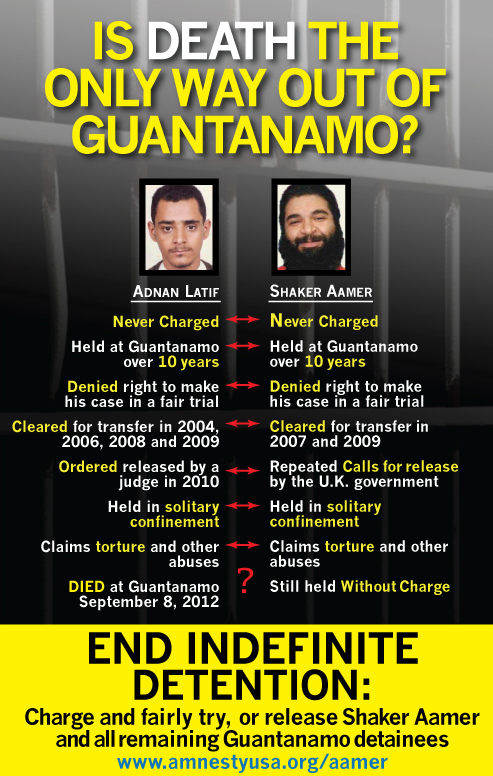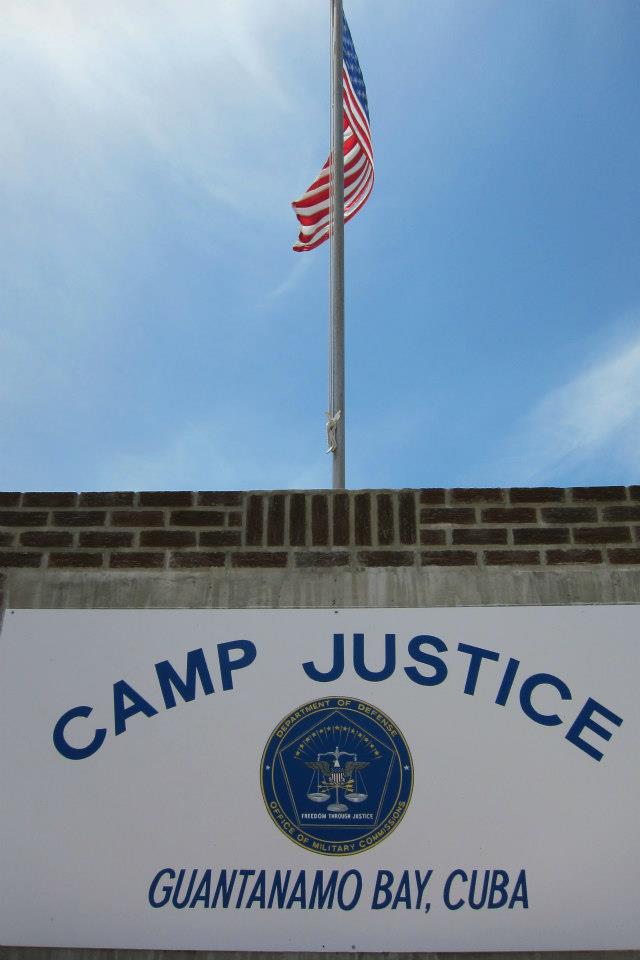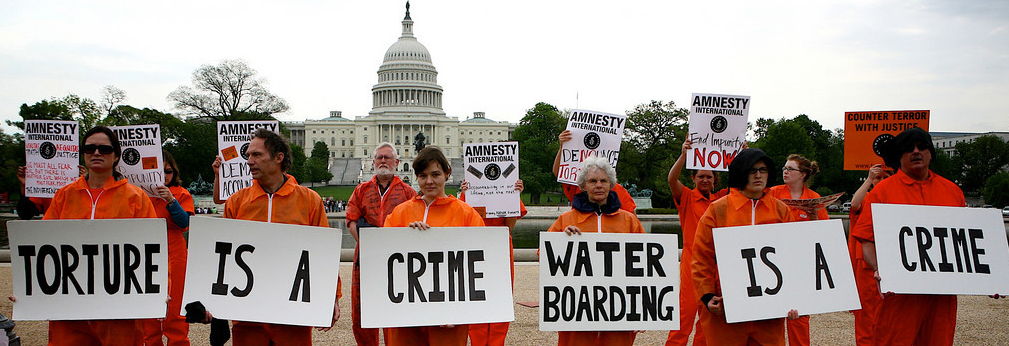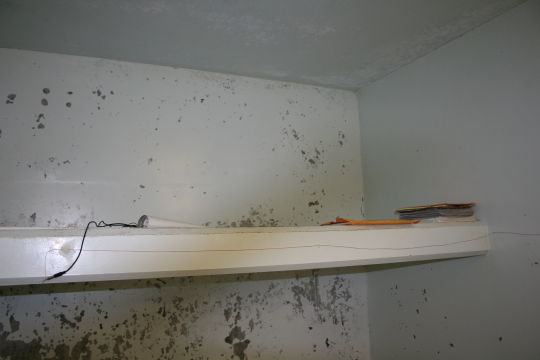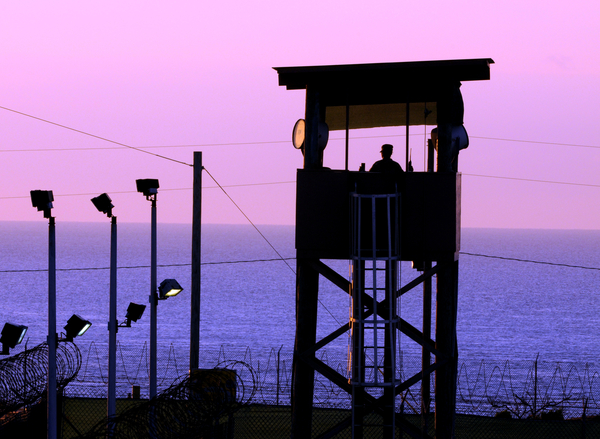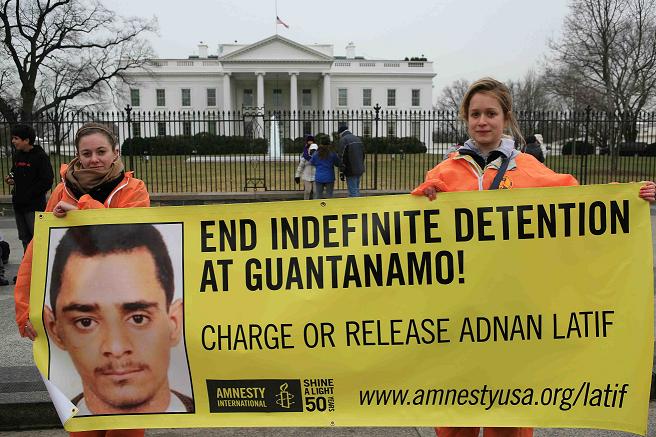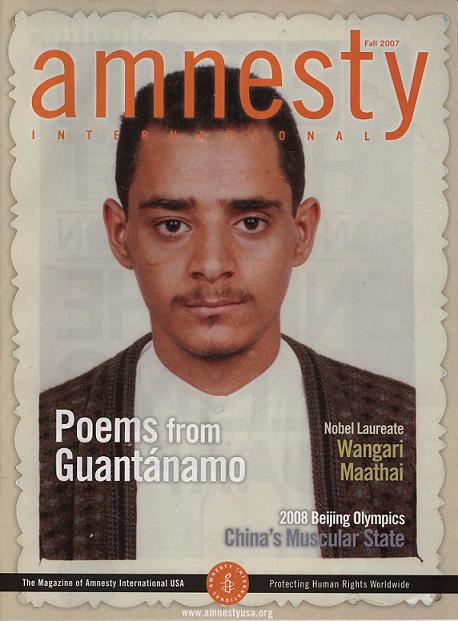Nearly four years ago, on his second day in office, President Obama ordered the Guantanamo prison closed within one year. Today it remains open, with 166 detainees, and human rights violations in the name of “global war” have become the “new normal” there, at Bagram in Afghanistan and elsewhere, including indefinite detention, unfair trials, unlawful killings with drones and impunity for torture.
President Obama must make good on his promise to close the prison, and he must end–and ensure accountability for–human rights violations in the name of “global war.” Yes, there are obstacles to closure and reform–however, if President Obama were to change course and honor the U.S. government’s international human rights obligations, the path forward is clear, because human rights provide a framework that protect and ensure justice for all of us.
Here are 10 concrete steps–by no means exhaustive–President Obama can take now and in the near future to keep his promise and help make his rhetoric on human rights a reality:
1) Immediately recommit publicly to closing Guantanamo, recognize that international law applies to all U.S. counterterrorism operations, and recognize that the right way to close Guantanamo is to ensure that detainees are either charged and fairly prosecuted in federal court, or released to countries that will respect their human rights.
